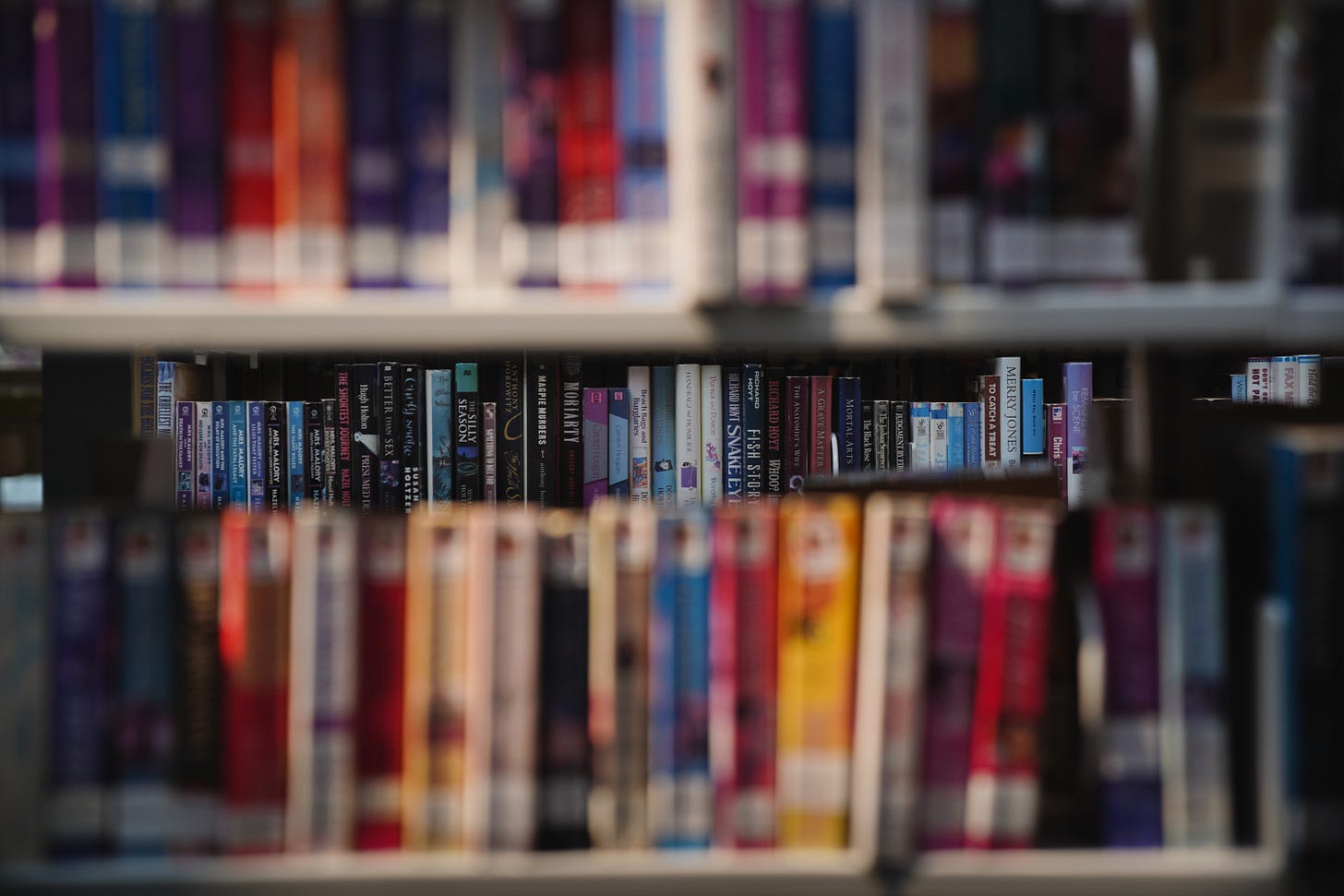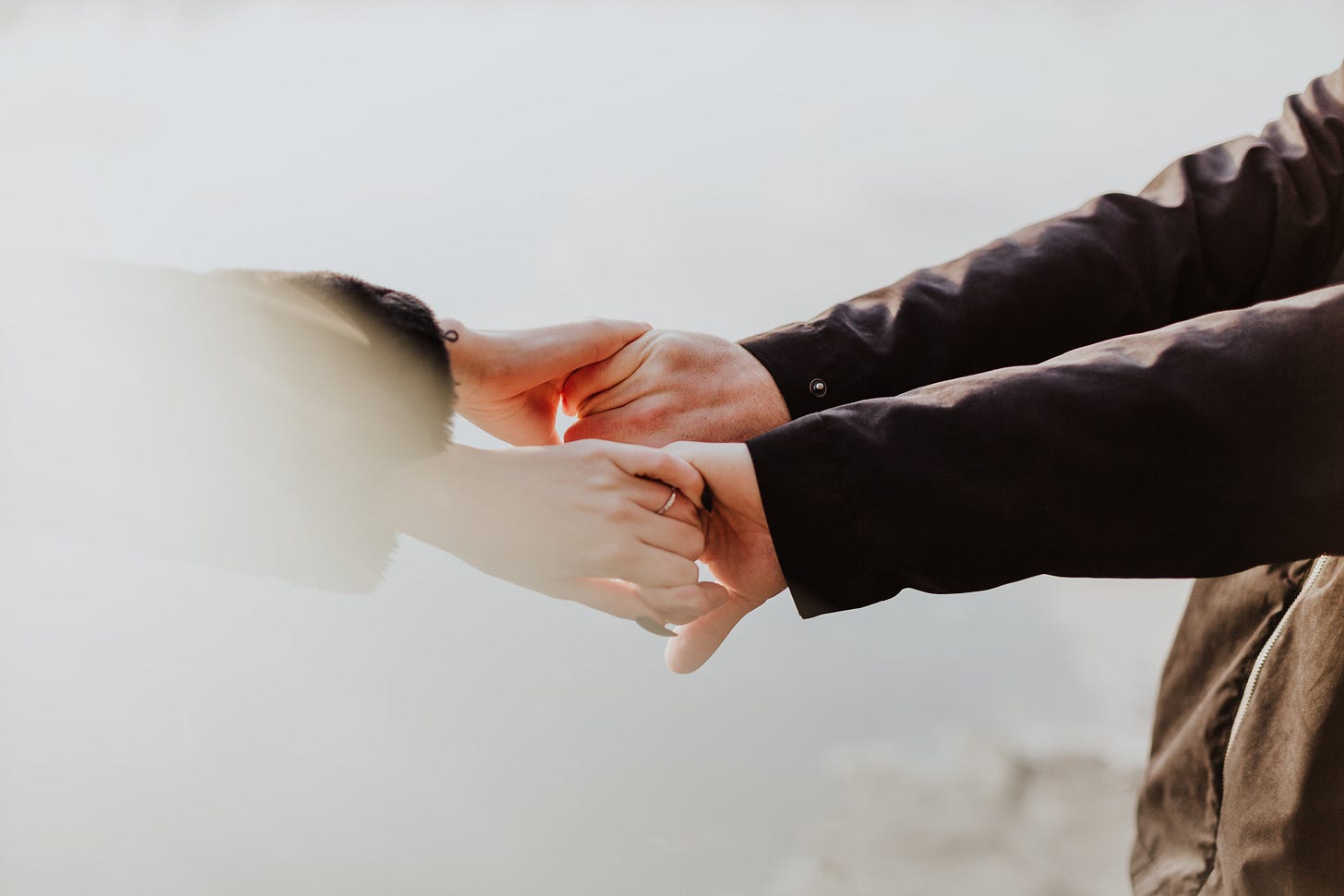I’ve been watching the recent proliferation of AI tools and chatbots with both cautious interest and skeptical side-eye.
I can appreciate what excites people about these emerging technologies. Some of the capabilities are astonishing. But just because something is possible, that doesn’t necessarily make it preferable.
There’s a new tool out there claiming to aid authors by writing a whole novel for them—from premise to outline to entire chapters. I’ve been trying to articulate why this application of AI doesn’t sit right with me. I’m sure there is a sizable demographic of readers who will happily buy and devour AI-generated fiction. If that entertains them, who are we to judge?
But the other day I stumbled on a manifesto I wrote only about a month ago. A personal guide, of sorts, to help me remember why I write, and what kind of work I aim to produce. It perfectly encapsulates my own (individual) objections to art produced by AI.
I don’t mean to condemn anyone who chooses to go in that direction, as long as they are transparent about how the work is produced. Especially if your primary goal is to entertain for entertainment’s sake—maybe there’s a market for that.

But if you mean to create resonant, lasting work, the kind of story that reaches through the pages of the book and grips another human being, you cannot rely on machines.
A Writer’s Manifesto
The truest art is PERSONAL. We create from the same impulse that drives a child to play pretend—the impulse to make meaning; to process our observations and our lived experience.
Create something honest. Speak without flinching. Ask the questions that haunt you. By making ourselves seen and heard through our work, we can help others to feel seen and heard too.

As make-believe is rooted in fascination and delight, so art should be as well. Approach your work with playfulness. Open yourself to wonder. Honor your wounds, even as you create from a place of joy—there is so much to love in this world!
Love strangers and uncertainty. Revere what is ugly. Notice the rhythms of nature, the little embarrassments, the dazzling patterns and the relentless charms and the way we all reach for things just beyond our orbit. Make art that expands. Catalog your obsessions.
Your work is enriched by your humanity and your imperfections.
—Kelsey Down



